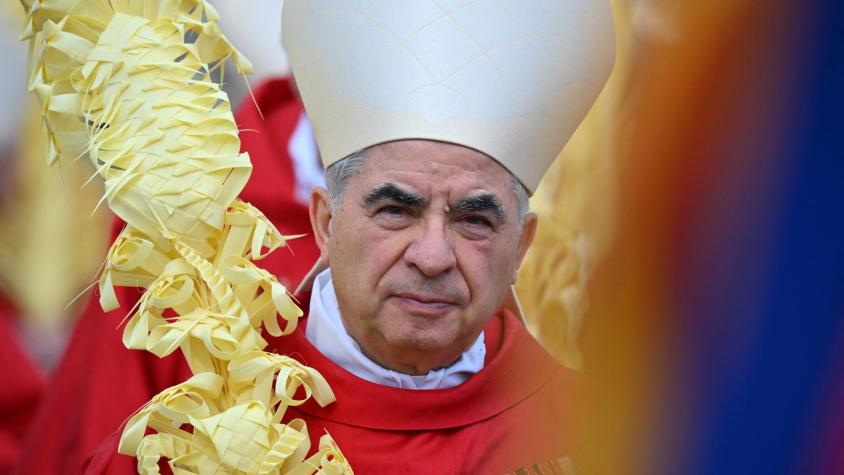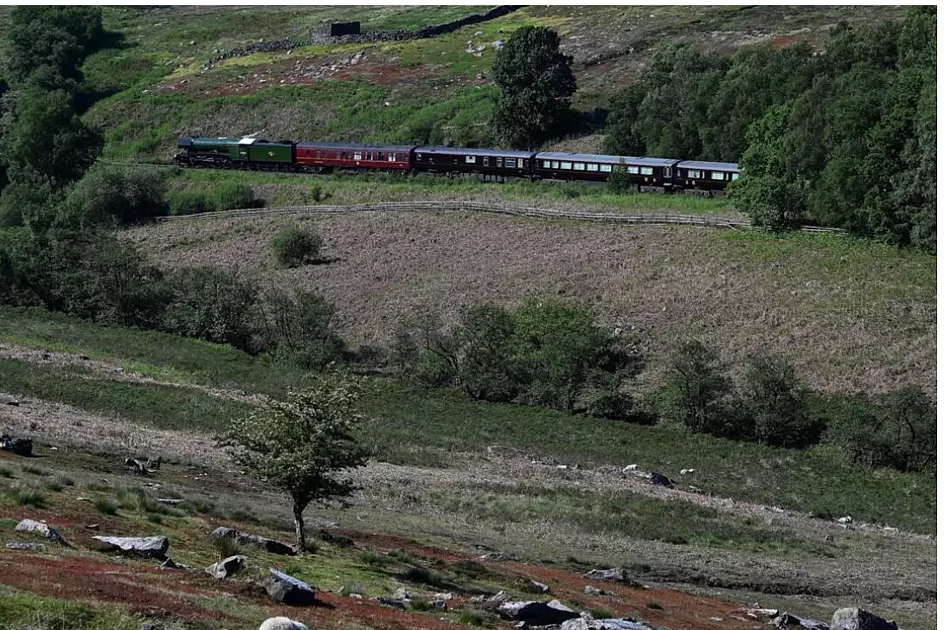Vatican in Turmoil as Cardinal Becciu Claims Right to Conclave Despite Sanctions

The Vatican finds itself at the center of an unprecedented controversy as Cardinal Angelo Becciu, previously sanctioned by Pope Francis, asserts his right to participate in the upcoming conclave to elect the next leader of the Catholic Church. This development comes at a time when the global Catholic community is mourning the passing of Pope Francis, adding a layer of complexity to the pre-conclave proceedings.
Cardinal Becciu, who was sentenced to five and a half years in prison in 2023 for his involvement in financial misconduct, argues that the sanctions imposed by Pope Francis in 2020 did not explicitly bar him from participating in the conclave. His stance has sparked a debate within the Vatican, with the press office clarifying that while all cardinals, including Becciu, can attend preliminary meetings, this does not automatically grant him the right to vote in the conclave.
The case of Cardinal Becciu is historic, marking the first time a cardinal has faced penal justice within the Vatican. His determination to participate in the conclave, despite his legal and canonical challenges, poses a significant test for the Vatican's governance and the integrity of its electoral process. The congregation of cardinals is now tasked with making a decision on Becciu's claim, a decision that could have far-reaching implications for the Church.
As the Vatican prepares for the conclave, the controversy surrounding Cardinal Becciu underscores the challenges facing the Catholic Church in navigating its traditions and laws in the modern era. The outcome of this situation will not only affect the immediate process of electing a new pope but also set a precedent for how similar cases are handled in the future, reflecting the Church's ability to adapt and uphold its principles in times of crisis.



